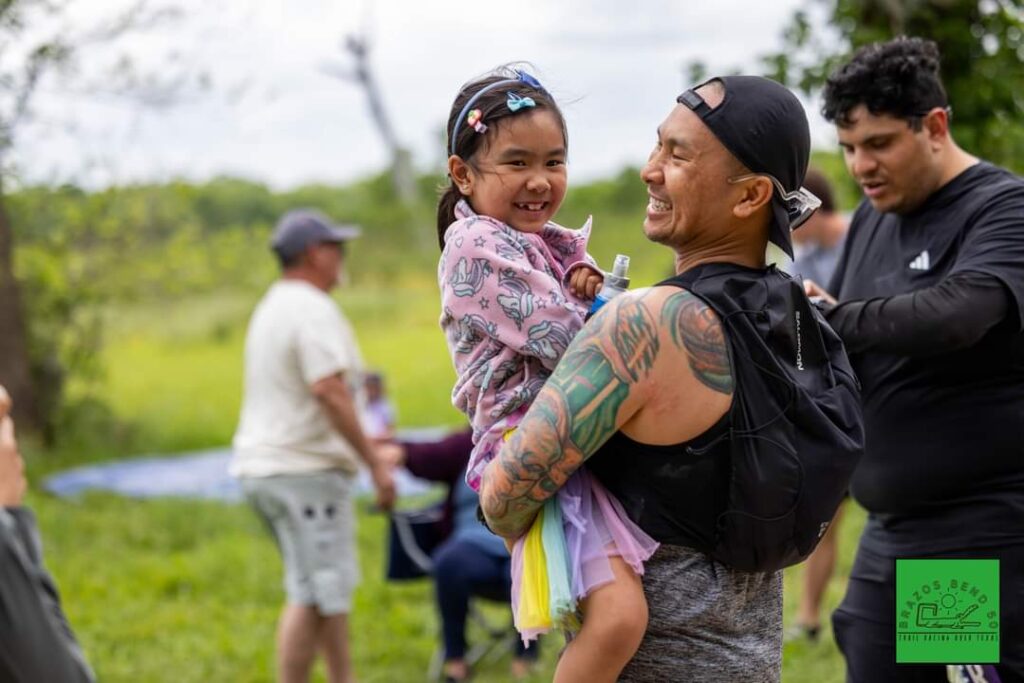In 2018, my life took a dramatic turn when I discovered blood in my stool. What I initially dismissed as minor, soon revealed itself as a sign of something far more sinister. Amidst the chaos of job hunting after a company restructuring had left me unemployed and the joys and stresses of becoming a new father, I faced a chilling diagnosis: a large mass in my rectum identified as Neuroendocrine Carcinoma (NEC), a rare and aggressive cancer.
Neuroendocrine cancer arises from neuroendocrine cells found throughout the body affecting areas such as the gastrointestinal tract, pancreas, lungs, and adrenal glands. This cancer is typically categorized into well-differentiated tumors, which grow slowly, and the more aggressive poorly differentiated type, known as neuroendocrine carcinoma. This latter type carries a grim prognosis due to its rapid growth and resistance to standard treatments. The five-year survival rate for those with extrapulmonary NECs is generally poor, often less than one year, and varies depending on the stage of the disease and the primary location of the tumor.
The journey that followed was grueling, filled with endless appointments, tests, and scans. Each treatment offered a glimmer of hope, yet the aggressive nature of my cancer meant that hope was often fleeting. I endured a series of drug cocktails, each with its own set of challenges. The first few provided some relief, but the relentless advance of the cancer necessitated further interventions. After the fourth cocktail, my medical team approved surgery—a daunting 18-hour procedure involving four surgeons and a radiation oncologist. My rectum, bladder, prostate, seminal vesicles, parts of my liver, and abdominal muscle were sacrificed in the fight to eradicate the disease.
Despite the initial success of the surgery, my respite was short-lived. Five months later, the cancer returned, and I found myself back on another cocktail of drugs. I am now on my 8th line of treatment and my 4th clinical trial. Throughout this tumultuous journey, I found solace in walking and cycling, and a plant-based diet helped bolster my energy and resilience against the harsh side effects of treatment.
Recently, I realized that I wanted to make a significant impact for patients with my type of cancer, so others do not have to struggle as I did. This subtype of cancer often lacks representation in research and fundraising efforts, and as someone who has surpassed the typical prognosis for my cancer type, I am determined to advocate to improve outcomes for patients like myself. This year, I began running and plan to use the challenge of an Ultra Marathon as a platform for my advocacy efforts. I hope my story sparks interest and inspires others to explore different paths to raise awareness for crucial causes that are close to their hearts.
By: Bill Thach

